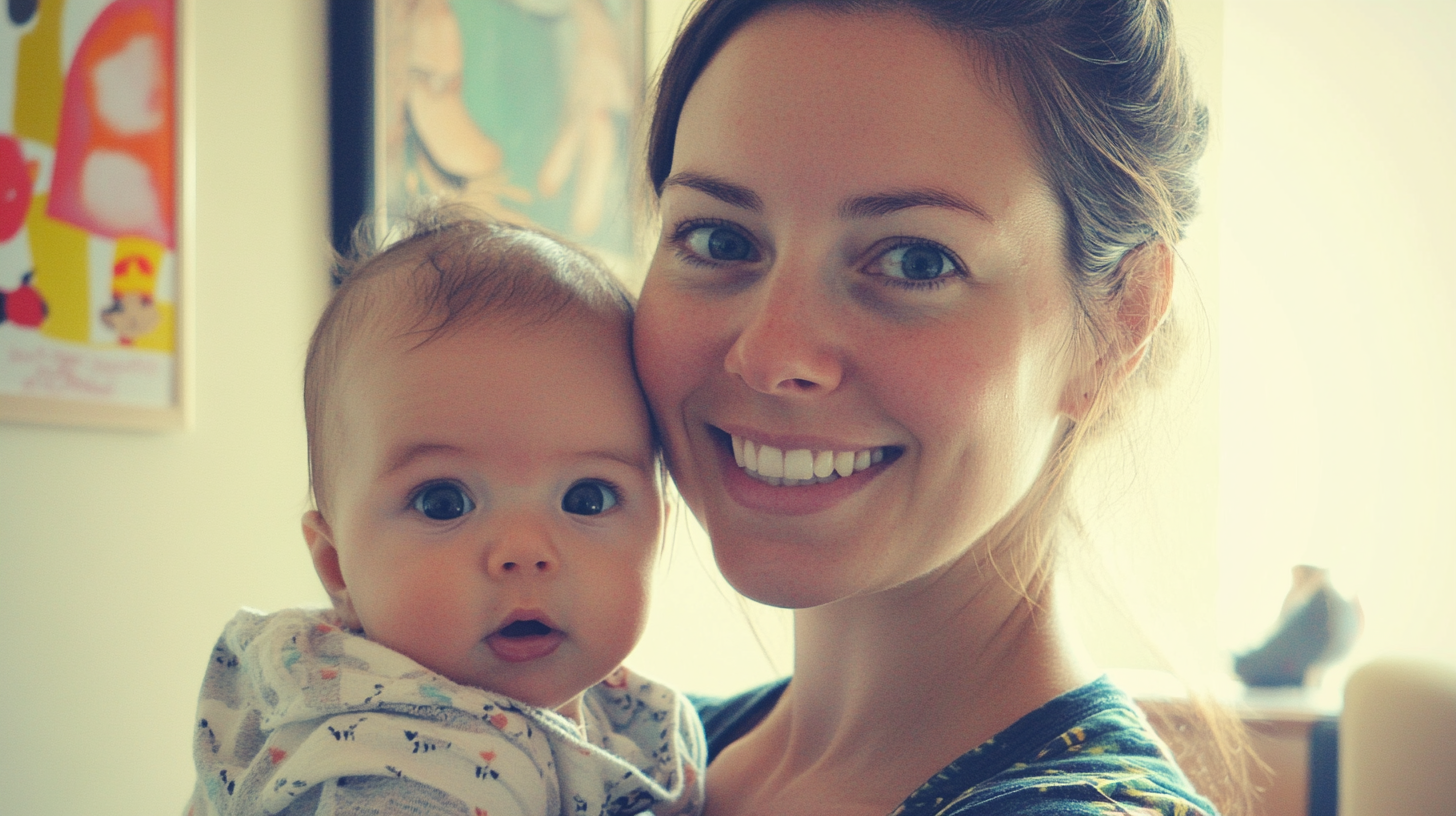When parents hear the term ADHD, the focus often falls on the challenges—difficulty concentrating, impulsivity, or emotional regulation struggles. But ADHD is far more than a list of difficulties; it also comes with unique strengths. Through psychoeducation, parents can help their child not only understand ADHD but also embrace the positive aspects of their condition.
This approach goes beyond managing symptoms—it’s about fostering self-esteem and helping your child see ADHD as a part of who they are, not as a problem to be “fixed.”
Why Focus on Strengths?
Highlighting your child’s strengths can shift their perspective. Instead of feeling limited by their ADHD, they can begin to see its advantages and how it contributes to their individuality.
When children understand that ADHD also equips them with unique qualities like creativity, energy, and problem-solving skills, they’re more likely to feel confident and capable. This sense of self-worth is crucial in helping them navigate the challenges that come with ADHD.
Common Strengths of ADHD
Many children with ADHD display remarkable qualities, including:
1. Creativity and Innovation
Children with ADHD often think outside the box. Their minds move quickly, allowing them to connect ideas in ways others might not. This creativity can shine in art, music, storytelling, and problem-solving.
2. High Energy Levels
What might seem like “hyperactivity” in one context can be a tremendous strength in others. Children with ADHD may excel in sports, outdoor activities, or anything that requires stamina and enthusiasm.
3. Resilience and Adaptability
Because they often face challenges, children with ADHD develop resilience early. They learn to adapt, bounce back, and persist despite obstacles.
4. Curiosity and Passion
ADHD can come with a hyper-focus on topics or activities that interest the child. When engaged in something they love, their focus and determination can be extraordinary.
5. Empathy and Intuition
Many children with ADHD are highly empathetic and intuitive. They can be deeply attuned to the emotions of others, making them compassionate friends and family members.
How Psychoeducation Can Help Your Child
Psychoeducation involves teaching your child about ADHD in an age-appropriate, strengths-focused way. By helping them understand their condition, you empower them to navigate life with confidence. Here’s how you can approach it:
1. Explain ADHD in Simple Terms
Use language your child can understand. For example, you might say:
“Your brain works a little differently. It helps you come up with amazing ideas and stay active, but sometimes it makes focusing or waiting hard. Everyone has things they’re good at and things they need to work on.”
2. Emphasize Their Strengths
Point out specific examples of their strengths. For instance:
- “You’re so creative when you draw those amazing pictures!”
- “I love how much energy you bring to soccer games—you’re unstoppable!”
This helps your child associate ADHD with positive traits, not just difficulties.
3. Teach Them Self-Awareness
Help your child recognize when ADHD-related challenges arise and how they can manage them. For example, if they’re struggling to focus, suggest strategies like taking breaks or using timers.
4. Encourage Open Conversations
Create a safe space for your child to ask questions or share feelings about ADHD. Let them know it’s okay to feel frustrated but remind them of their unique abilities.
5. Introduce Role Models with ADHD
Share stories of successful people with ADHD, like entrepreneurs, athletes, or artists, to show your child that their condition doesn’t define their potential.
Practical Tips for Parents
- Model Self-Compassion: Show your child that mistakes are part of learning and growth.
- Set Realistic Goals: Help your child set achievable goals based on their strengths. Celebrate small wins to build confidence.
- Focus on Interests: Encourage hobbies and activities where your child can shine, whether it’s sports, art, or building projects.
Final Thoughts
ADHD comes with its challenges, but it also brings unique gifts. By focusing on your child’s strengths and helping them understand their condition through psychoeducation, you can empower them to embrace their full potential.
With your support, your child can grow up knowing that ADHD is just one part of who they are—a part that makes them wonderfully unique.
Have you tried strength-based strategies with your child? Share your experiences in the comments—we’d love to hear from you!






0 Kommentare